AeroGenie — Tu copiloto inteligente.
Tendencias
Categories
Airbus Highlights Continued Importance of Human Expertise in Helicopter Maintenance
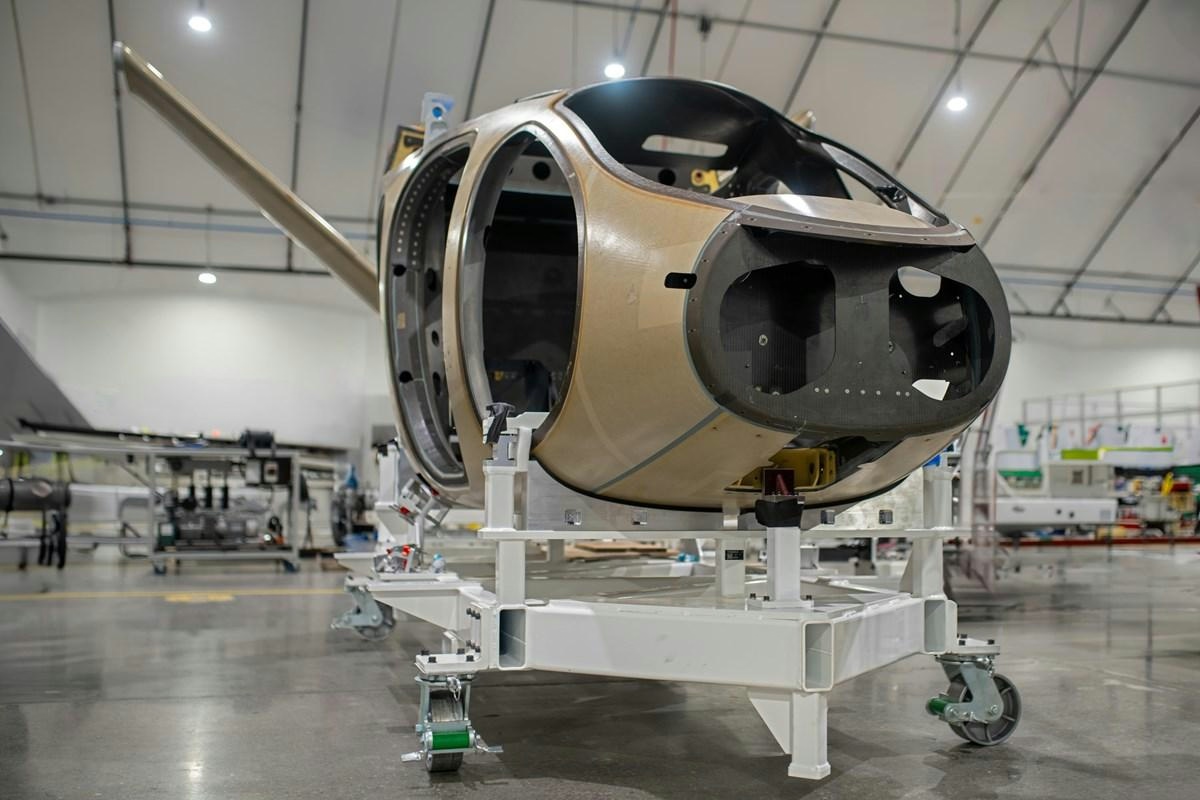
Airbus Highlights Continued Importance of Human Expertise in Helicopter Maintenance
The Evolving Landscape of Rotorcraft Maintenance
Helicopter maintenance is undergoing significant transformation driven by the integration of advanced technologies. However, Maria Aguirre, head of Maintenance, Repair, and Overhaul (MRO) for Airbus Helicopters in North America, asserts that human expertise remains indispensable. Despite the growing presence of automation and digital tools, she emphasizes that hands-on skills and an intuitive understanding of rotorcraft are essential for effective maintenance.
Aguirre acknowledges that while automation and technological advancements streamline many processes, they are more likely to augment the technician’s role rather than replace it entirely. She argues that the notion of eliminating hands-on work in rotorcraft maintenance is unlikely, given the complexity and nuances involved. Manuals and structured guidelines provide a foundation, but experienced mechanics develop an instinctive awareness—often detecting subtle signs such as unusual vibrations or sounds that automated systems may fail to identify. This intuitive skill, Aguirre contends, cannot be fully replicated by algorithms.
The Human Element Amid Technological Progress
Automation excels in handling predictable and repetitive tasks, yet uniquely human qualities such as improvisation, adaptability, and creative problem-solving remain critical. These attributes are particularly vital as the industry grapples with ongoing challenges, including supply chain disruptions that impact component availability. Aguirre highlights that these challenges underscore the continued need for skilled technicians capable of navigating unforeseen issues.
The increasing reliance on digital tools also raises concerns about preserving traditional hands-on skills, especially as many veteran technicians from the Baby Boomer generation approach retirement. Aguirre warns that the departure of these experienced professionals could create a significant knowledge gap that technology alone cannot fill. This situation presents considerable implications for recruitment and training strategies within the industry.
Preserving Expertise Through Training and Recruitment
In response, Airbus is proactively transitioning some of its most seasoned technicians and engineers from operational roles into instructor positions. Their primary focus is to develop comprehensive training programs that systematically transfer critical knowledge and expertise to younger employees. Aguirre explains that this approach captures the invaluable insights gained from years of hands-on experience and ensures their structured dissemination. Additionally, it allows other experienced staff to concentrate on maintaining smooth day-to-day operations.
Recruitment remains a strategic priority for Airbus, which offers job shadowing and work experience placements within its workshops to attract new talent. Aguirre notes that early exposure helps individuals discover a passion for the work, fostering a more committed and satisfied workforce. While progress has been made in attracting women to aviation, she emphasizes the need to further demonstrate the diverse career opportunities available beyond traditional four-year degrees. Emerging technologies such as artificial intelligence are creating new roles that may appeal to younger workers, yet the importance of skilled trades continues to be paramount.
Industry Context and Market Response
Market attention has recently focused on the reliability and maturity of Airbus’s H140 light-twin helicopter, following successful flight-test campaigns. Competitors have responded by promoting their own maintenance strategies and technological innovations aimed at addressing similar challenges within the sector.
As helicopter maintenance evolves, Airbus’s approach underscores the enduring value of human expertise alongside technological advancement, reaffirming the critical role of skilled technicians in the future of rotorcraft operations.

Sen. Jerry Moran Proposes Bipartisan Bill to Improve FAA Certification for Advanced Air Mobility
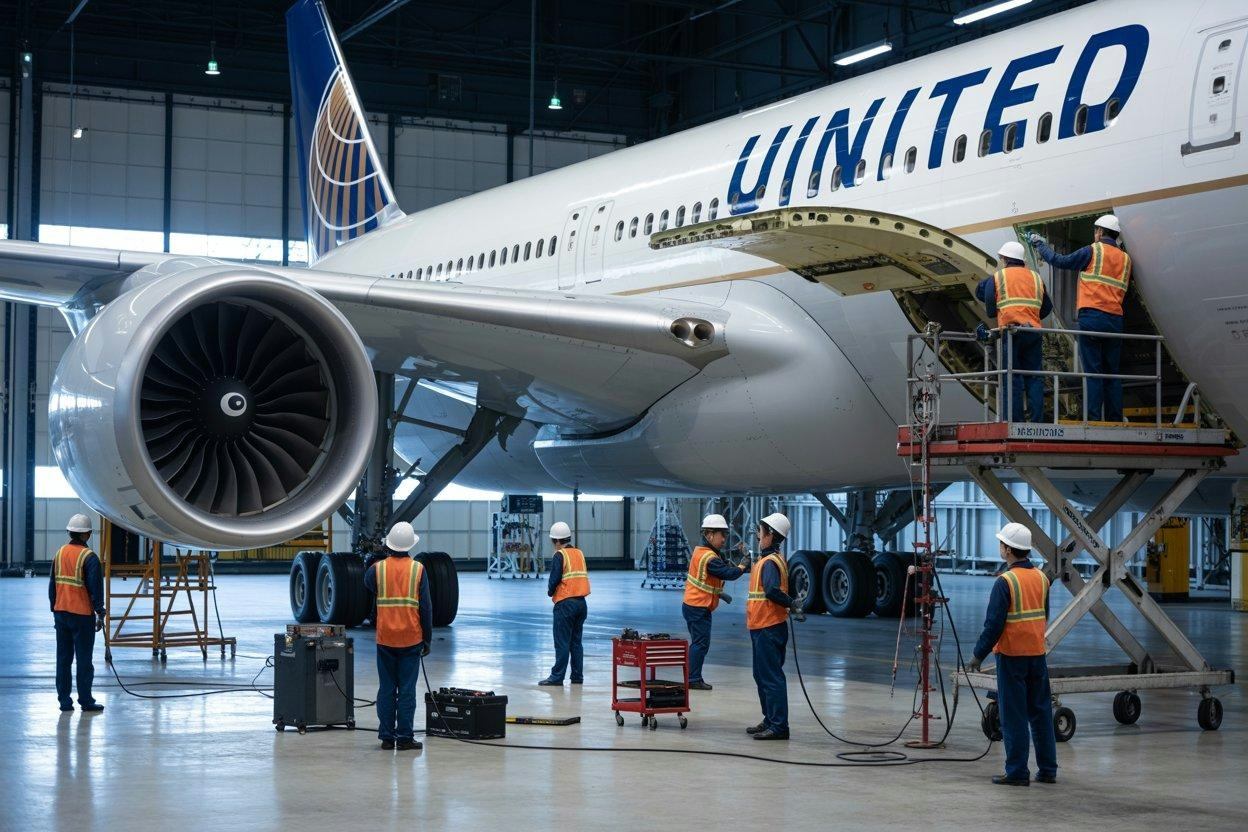
US Audit Identifies FAA Oversight Gaps at United Maintenance

The Impact of Agentic AI on Airport Operations
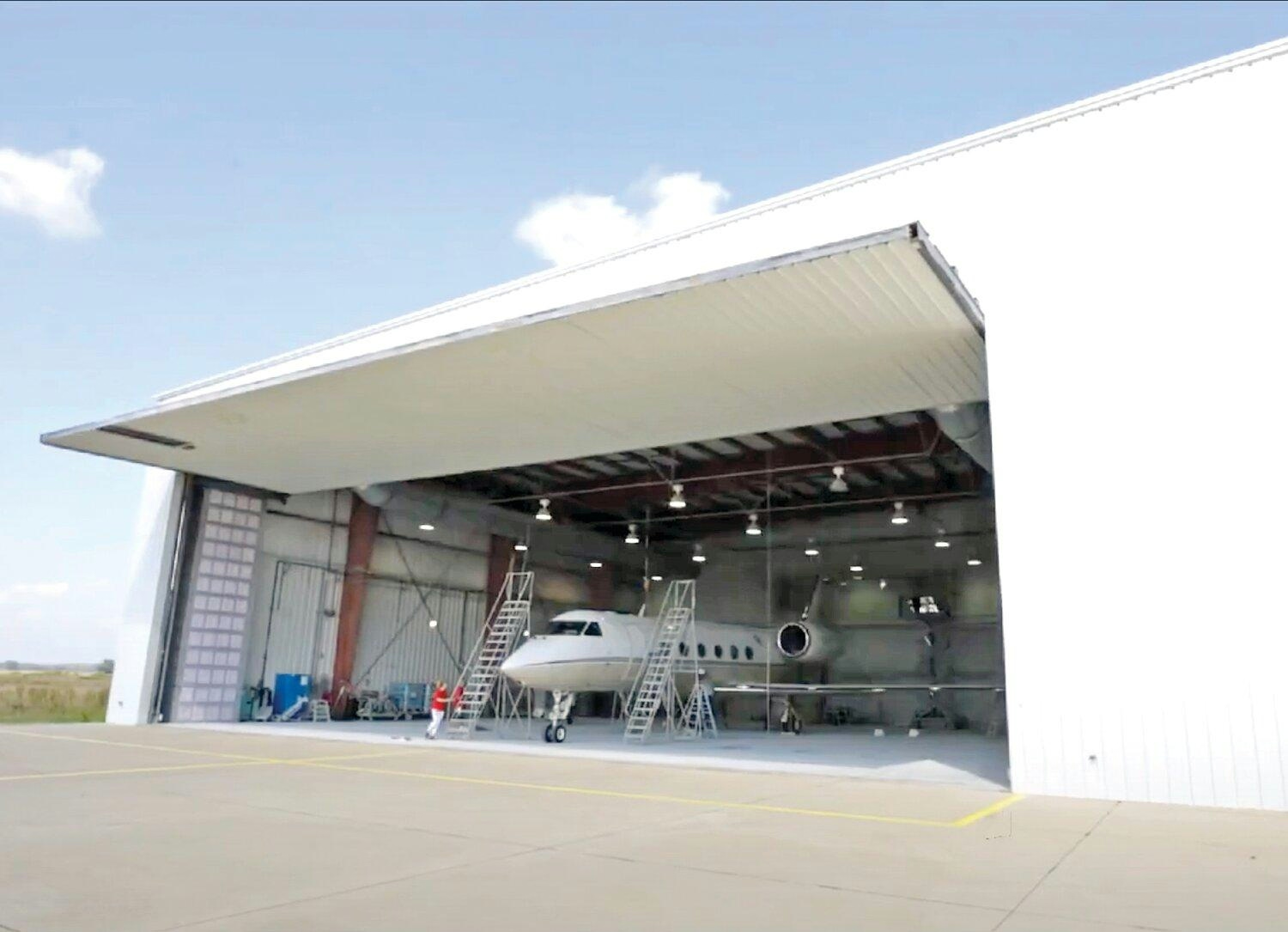
West Star Aviation Announces Expansion in Chattanooga
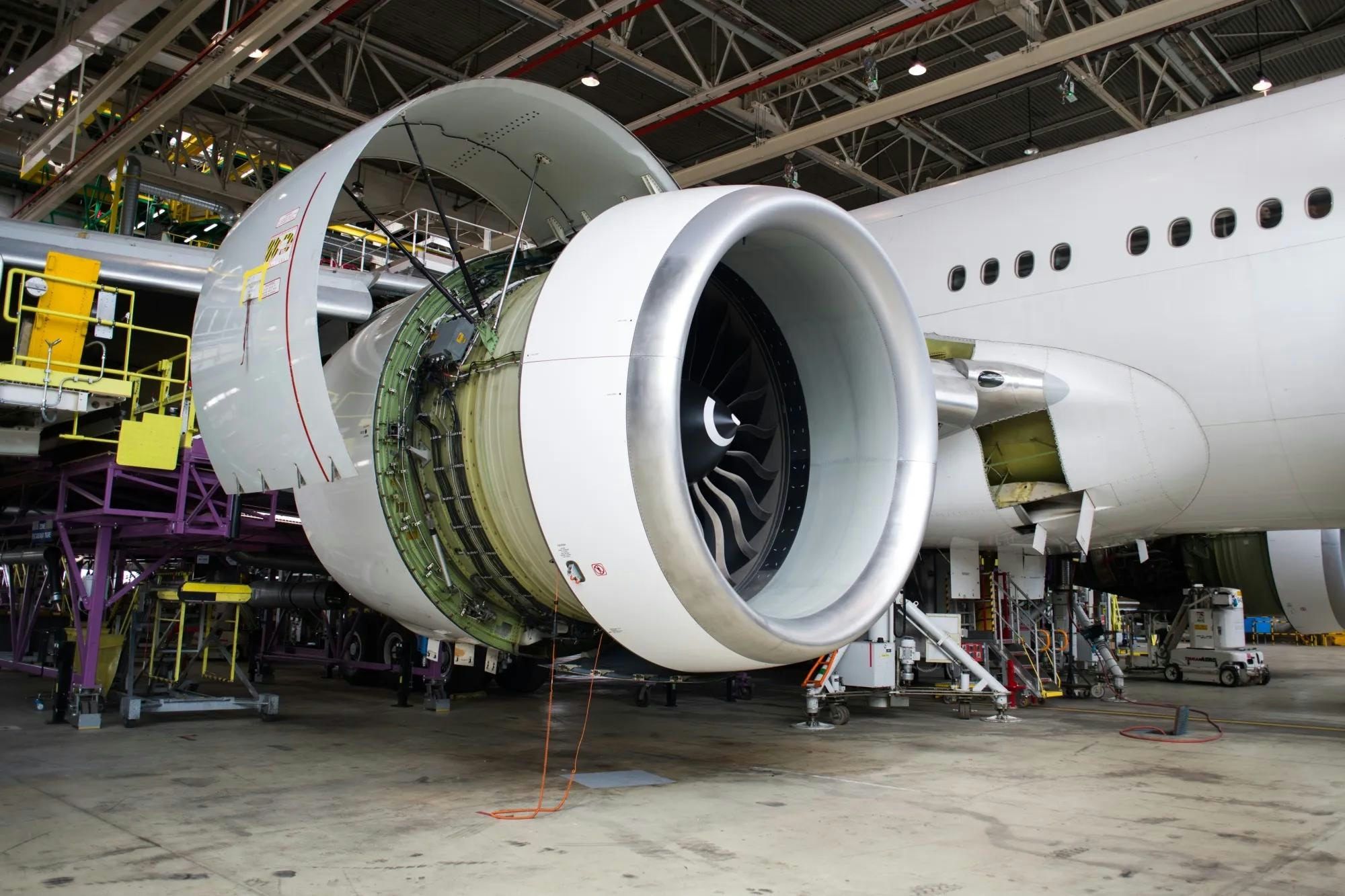
Signs Point to Easing of Aerospace M&A Backlog by 2026

Aviation Design Software Market Projected to Reach $2.8 Billion
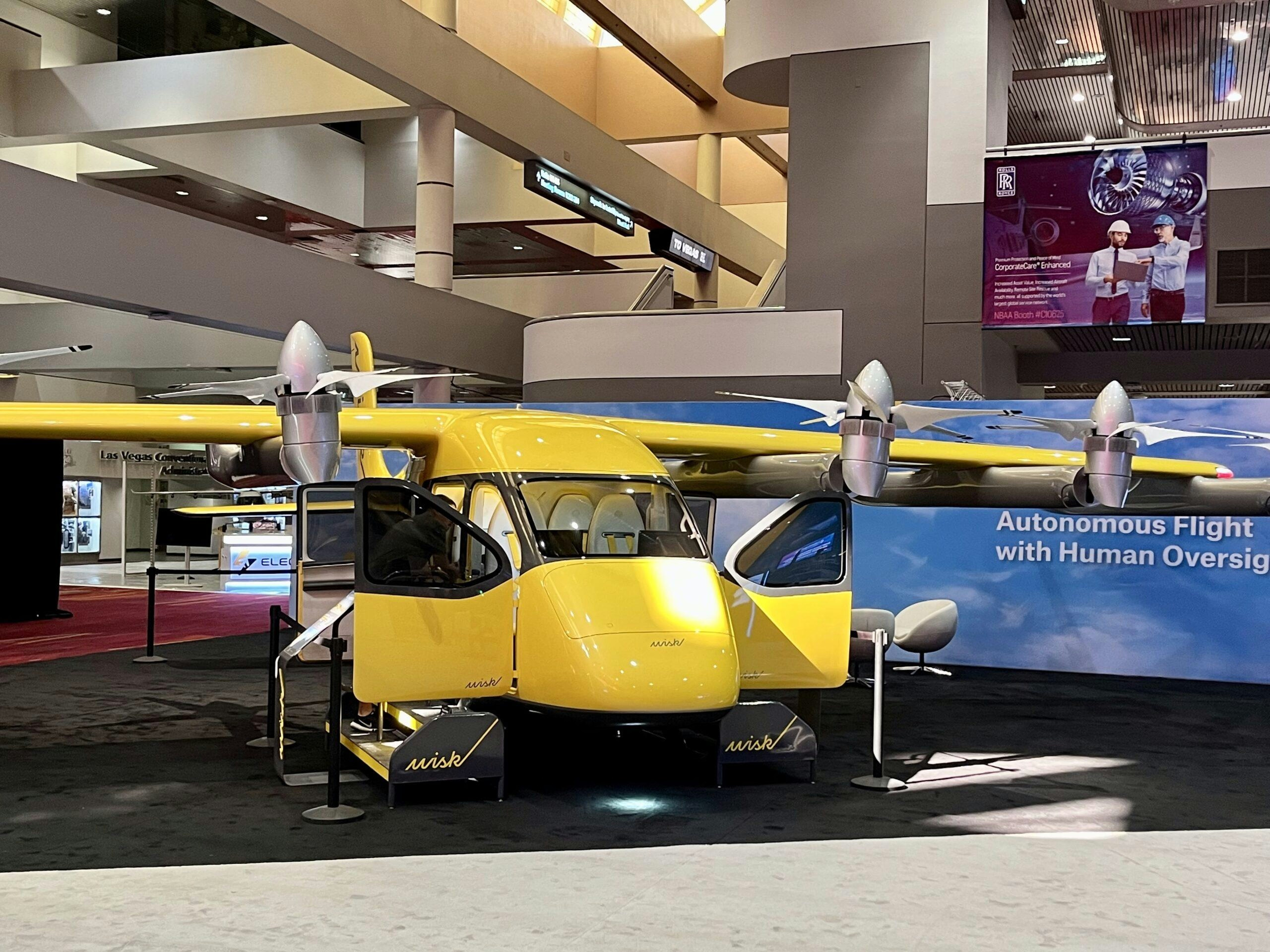
The Future of Aviation in Africa Amid Digital Transformation
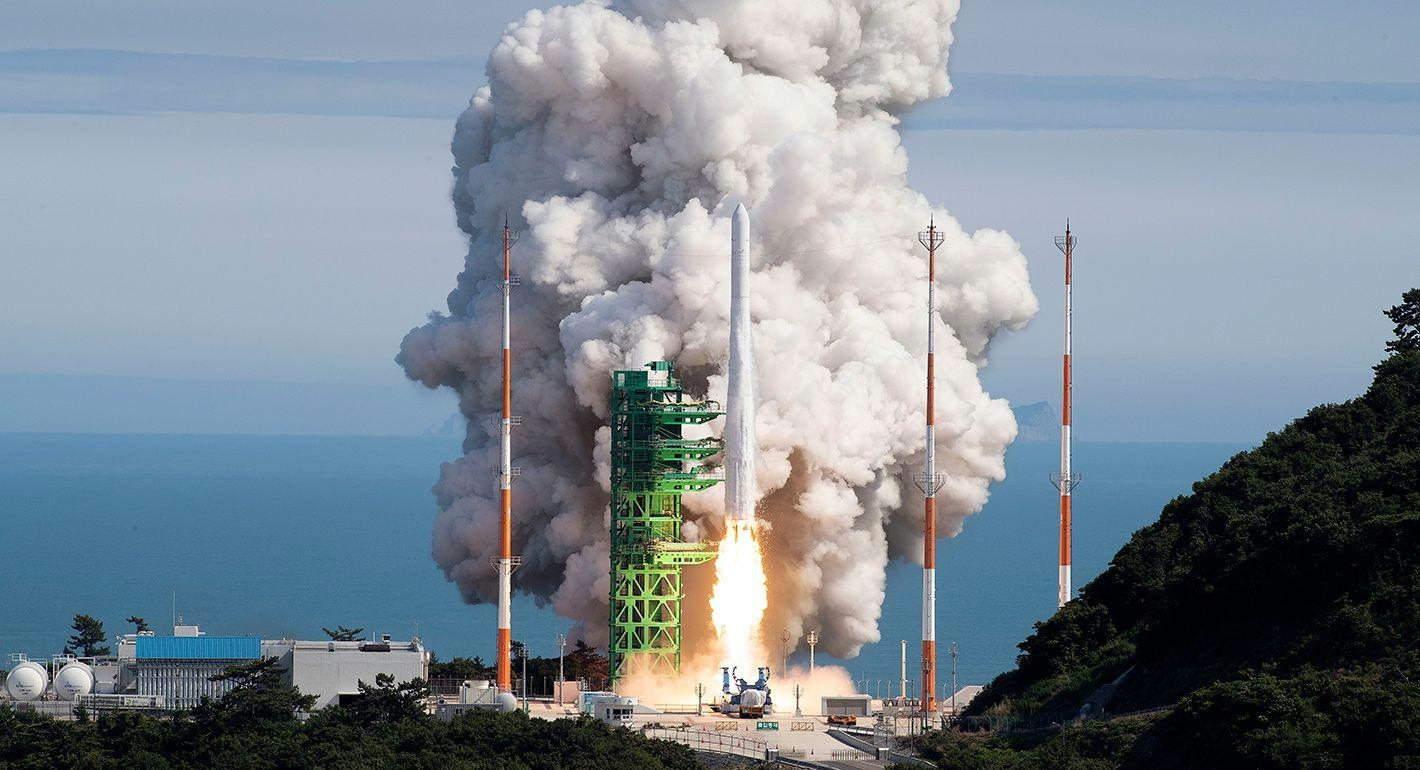
Gyeongnam Province Unveils Mid- to Long-Term Aerospace Industry Roadmap
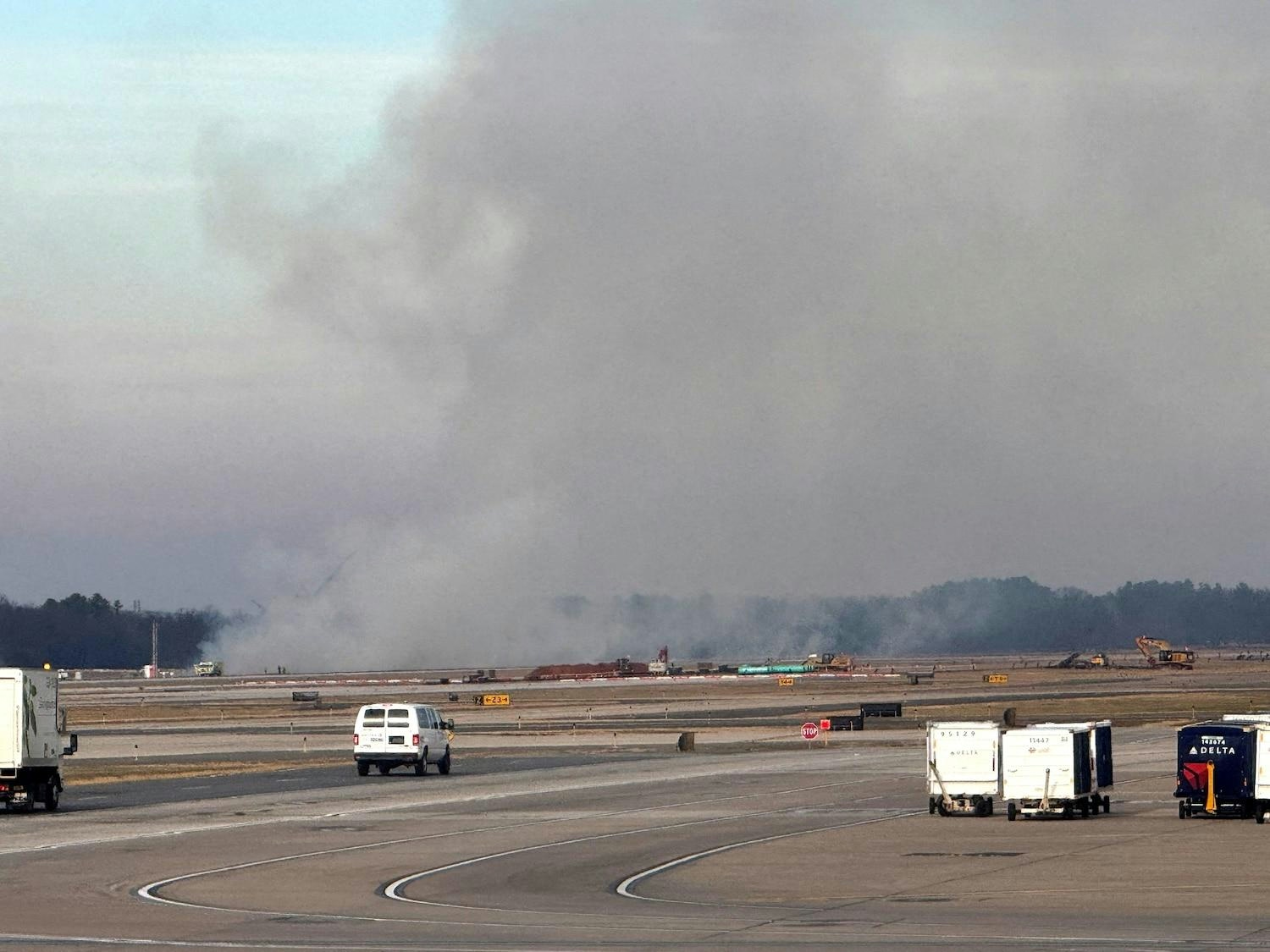
Delta Flight to Atlanta Suffers Engine Trouble, Sparks Grass Fire at Airport
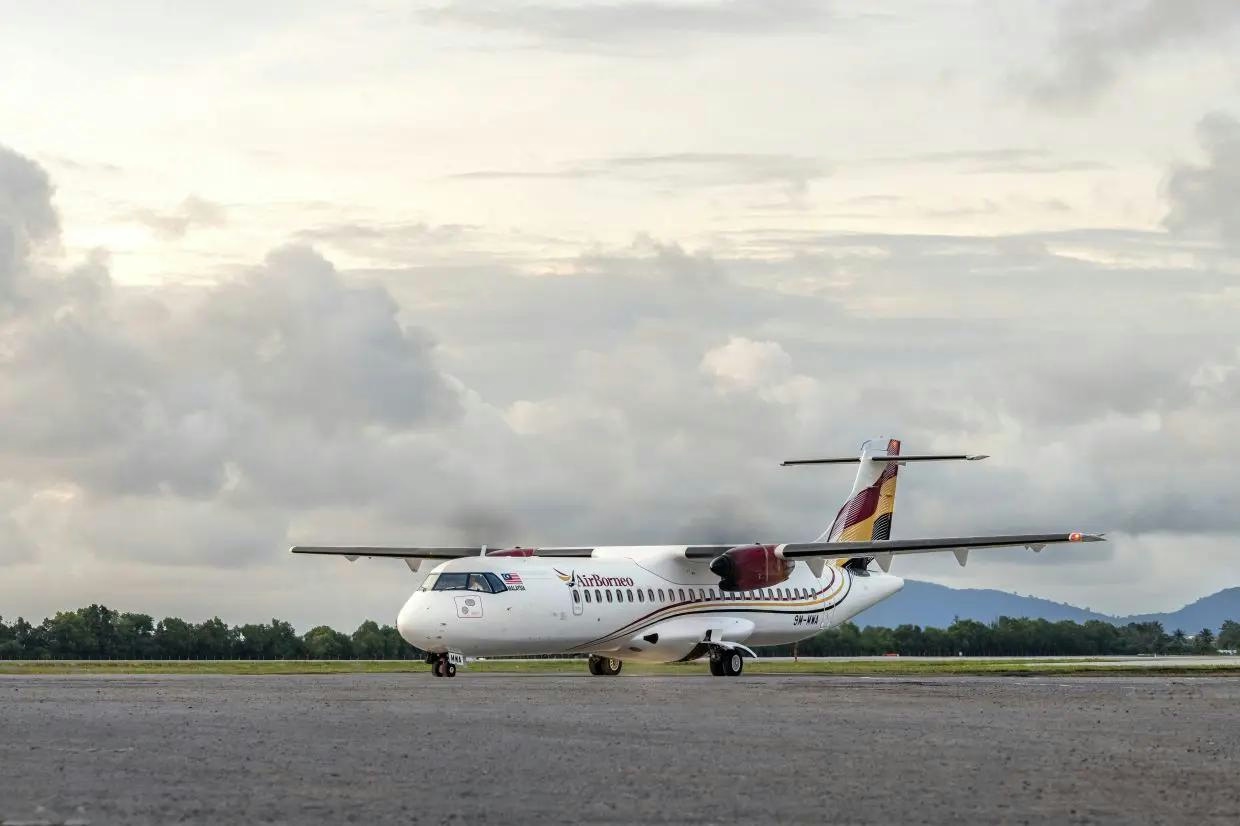
Sarawak's AirBorneo partners with IBM for AI-powered operations
